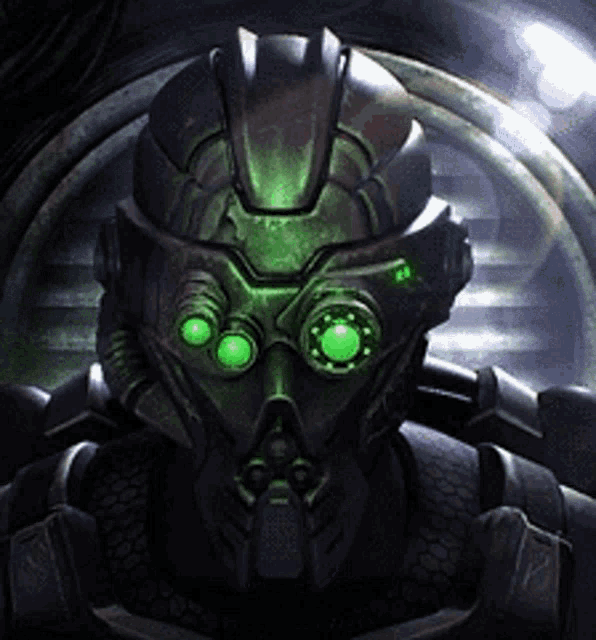RPGs and sandbox style games, or games with sandbox elements.
By “sandbox” I mean games that are less objective based and more creative/emergent - even if that creativity can indirectly lead toward objectives. So, for example, in games like SimCity, Dwarf Fortress, or Crusader Kings, the emergent game and story elements can snowball and lead toward greater wealth and power, but the direction can go other ways as well - like you might have a massive empire or a thriving city, but then disaster hits, and it might be that you have to abandon huge areas of your city or empire (or both, in the case of Dwarf Fortress). Breath of the Wild and Tears of the Kingdom both have a lot of emergent gameplay surrounding the physics of the game. Minecraft is a vertical slice of Dwarf Fortress spun off into one of the most popular games of all time. Often open world games go hand in hand with sandbox experiences, but to conflate the two would be a mistake - they’re just two elements commonly together in games. But not all open world games are sandbox games, and most sandbox games are not open world. Sandbox games were initially called “Simulation games” in the 1990s but that has fallen out of fashion as the sandbox genre expanded. Conveniently, I believe both “simulation” and “sandbox” genre names were coined (or at least popularized) by the same guy for the same games: Will Wright.
RPGs are games that simulate various elements with growth and experience systems/mechanics that would otherwise be done with action, collection, and physics. It’s a big argument for what an RPG actually is. But for my purposes - any game that merges story and “simulates” growth via experience points and makes that the central element. So, for example: a wrestling game that does these things is a wrestling game, not an RPG because the “wrestling” element is really what defines the experience, not the RPG mechanics. I think a great example of two very close games in the same spiritual series would be Illusion of Time and Terranigma from the Soul Blazer trilogy: Illusion of Time is story heavy, but lacks growth comes specifically from adventuring and finding power upgrades - in Terranigma it comes by simulating growth via experience points, and battles- despite having action - have simulated damage based on player experience, while Illusion of Time has flat damage based on collections and weapons (in this case, characters who wield different weapons) used. In other words, kill 100 enemies in Terranigma and you get better, kill 100,000 in Illusion of Time and you stay the same. An easy way is to consider whether the core experience is a video game centered on the mechanics of table top RPGs - so arguments like IGN’s 1998 “Ocarina of Time is an RPG because you play the role of Link” is about as a valid as “Mario 64 is an RPG because you play the role of Mario” - but that isn’t really what RPGs are about, they’re about experiences whose cores are adapted table top RPG mechanics… and IGN wasn’t a great source in the 1990s either - bashing PlayStation game Tactics Ogre and giving it a poor review score because they considered it a ripoff of Final Fantasy Tactics that didn’t live up to that original game*
*For those who don’t know, Tactics Ogre was not a ripoff. Tactics Ogre and Final Fantasy Tactics were made by the same people (Quest and former Quest studio members)… also, the PlayStation version of the game was a port of a 1995 SNES game whilst FF Tactics came out in 1997.
I describe myself as a little dose of toxic masculinity.




























































